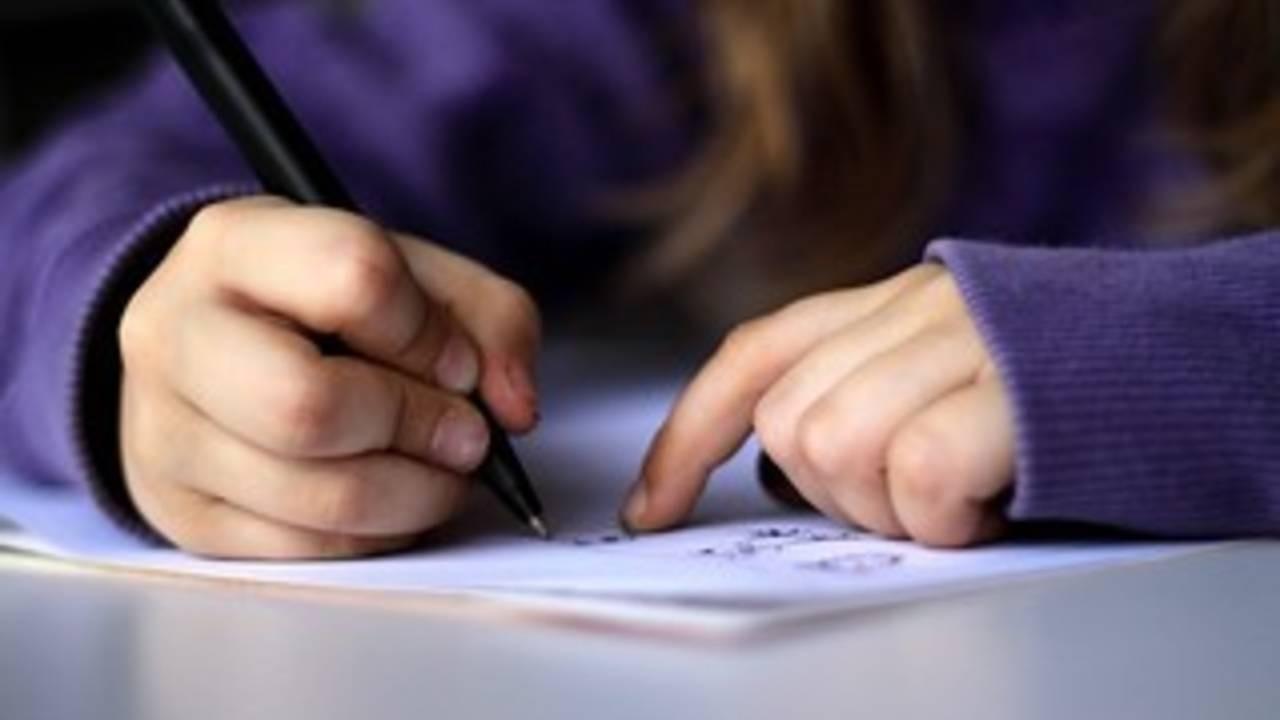Significance of Play and Development

Play is a physical or mental activity that is performed for leisure, pleasure or delight. While the play has no obvious objective, it is an important tool for physical, social, learning and intellectual development. All these lead to changes that allow children and adults to achieve their maximum potential.

The play has many characteristics that are crucial for brain development and learning. It offers opportunities for children and adults to encounter new experiences and refine already existing skills. It also encourages creativity in children and adults.

There are many different types of play.
- Gross Motor Play: This type of play involves whole-body movements and large muscles of the body to perform everyday functions such as standing, walking, running, jumping, swimming, throwing, dancing and so on. Gross motor play helps in improving balance, increased strength, and better postural control.
- Fine Motor Play: Fine motor play involves the use of the smaller muscles of the...
Teaching Strategies to Help Children

Start with the Child
Dyslexic children often ‘fail’ in their studies and this can affect their motivation to learn. To get them back to learning, it is very important to first build rapport with them. This can be done by talking to and listening to them. The communication will help
- you get to know the children in your class, their interests and oral ability;
- the children to get to know you and;
- build trust and confidence between you and the children.
How can dyslexic children learn better?
There are numerous programs, teaching aids and software packages that you can use with students. Tuition or remedial sessions should be multi-sensory with many variations involving looking, listening, speaking and touching. Every child is unique and it is good to observe which kind of learner type each child belongs to.
Visual Learner (Learning through seeing)
Auditory Learner (Learning through listening)
Kinesthetic Learner (Learning through action and...
The link between Academic skills & Life skills

Hi all,
I am going to relate two scenarios to you.
Scenario 1- Child A is unable to use a given shopping list to go and buy items needed from a nearby supermarket.
Scenario 2- Child B is unable to perform the task instructed by his parent to make separately packed picnic lunches of sandwiches for himself and his four friends.
In both scenarios, the children were having difficulties with performing certain life skills.
Why do you think this was so?
Sometimes, children who seem to be not very different from other children of the same age, display difficulties such as those mentioned in the above two scenarios. More often than not, this can be traced to weak academic skills and their difficulty in applying these skills in everyday life situations. This underlines the importance of acquiring two key skills especially in elementary/primary education that have a lasting impact in academic achievements and gaining important life skills. These core skills are literacy and numeracy skills.
Core...
Ways To Help Your Kids Write Faster

Writing is an important skill for communication and especially in the education field when students are expected to write well and fast throughout their learning at school. In today’s world of technology, students are presented with lesser opportunities to practise their writing skills which may potentially be one of the contributors to a reduced speed in our students’ handwriting. This creates some concerns among parents on their children’s handwriting skills and speed.
There are many factors that can affect your child’s speed in writing, such as writing tools, body posture, etc. Here are some tips which can help your child to improve on his/her writing speed:
1) Check the Writing Tools Always use a good quality pen/pencil because it has a great significance on our writing speed and these days they do not cost much.
2) Body Posture and Technique
a. Maintain Good Posture
This is one of the easiest ways the child can do to improve his/her...
The Cognitive Benefits Of Playing Video Games

From gaming arcades, television consoles, handheld consoles, mobile devices to online gaming, video gaming is undoubtedly one of the most popular entertainment these days. But do you know that playing video games can help to boost your cognitive skills? Here are 3 cognitive benefits of playing video games that you should be aware of:
Improves Memory - A gamer typically has to understand the ins and outs of the game structure. To achieve this, the gamer has to read and comprehend the game instructions and tactics. Making efforts to memorize/remember the gaming instructions throughout the whole entirety of the game is required in order to be able to progress to the next level. That’s how videogames help in improving a gamer’s potential to remember.
Enhances Multitasking Skills - There are so many details to take note of when playing video game. For example, a gamer has to remember to keep a lookout for oncoming enemies, when to launch an attack,...

